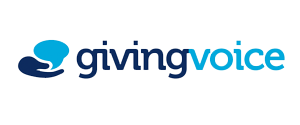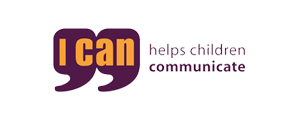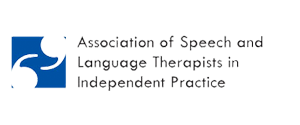Articulation disorder
An articulation disorder, also used interchangeably with functional speech disorder or articulation delay, is where the child has difficulty making specific speech sounds.
Our speech and language therapists can assess your child’s speech skills to establish your child’s ability to produce individual speech sounds. Our speech and language therapists will then use the information from the assessment to create a therapy programme that will work on developing the sounds your child is unable to or is struggling to produce.
Speech and language therapy can help children develop the sounds they are struggling to produce through different strategies and exercises. Speech and language therapy can also help children to gradually produce their new learnt sound correctly in words.
What is an articulation disorder?
A child with an articulation disorder has difficulty learning and producing specific speech sounds at the phonetic level. The phonetic level is the motor act of producing vowels and consonants. A child who has an articulation disorder has nothing wrong with their articulators (lips, tongue, teeth, jaw, velum, and alveolar ridge). The difficulty may have appeared as they have learnt to make the sound in different way then what is typical, for example, the child may produce the sound /s/ as /th/.
An articulation delay is the term used when a child doesn’t have the sounds or struggles to make the sounds correctly that are appropriate for his or her chronological age. In this form of delay the child may catch up by themselves or may need speech therapy intervention, depending on the level of severity.
A functional speech disorder is the term used when a child is making a deviant production of a speech sound. They may produce sounds that do not exist in the English sound inventory, such as an ingressive form of a sound. The child may be making a sound that is similar in voice and manner of production but is made in a different place in the mouth, for example, producing /s/ as /f/. The child may be experiencing an articulation delay as well.
An articulation disorder can make a child’s speech difficult to understand. The level of unintelligibility depends on the level and types of difficulties the child is experiencing.
Impact of an articulation disorder
An articulation disorder can impact a child’s speech and other aspect of their daily life. For example:
- Unintelligible speech.
- Increased chance of miscommunication.
- Increased likelihood of being bullied.
- Difficulties with reading and literacy skills.
- Increase levels of frustration.
- Decreased levels of self esteem.
- Long term social, vocational and academic implications.
A child who has an articulation disorder may struggle with producing a certain sound, for example, the sound ‘s’. To make up for the inability to make the sound the child may produce the sound elsewhere in the mouth or in a different manner. In this case, the child may make a nasal sound ‘s’ instead of the typical ‘s’. Often the child can become very aware of their difficulties as other children may point it out leading them to have low self-esteem. Children may also choose to avoid words containing the sound they struggling producing.
Our speech and language therapists can offer a therapy programme that targets your child’s specific speech sound difficulties. Our speech and language therapists aim to increase their level of clear speech. Our speech and language therapists work holistically to create a therapy programme that can be worked on in clinic and across the child’s communicative environments.
Speech and language therapy available for articulation disorder
Our speech and language therapists can deliver an individualised therapy programme that is unique to your child’s difficulty with producing specific speech sounds. Our speech and language therapists aim to provide a therapy programme that includes your child’s goals and motivators. As well as yours and your child’s school's priorities.
Speech and language therapy available includes:
- Speech therapy
- Phonics group
- Training, advice, support and strategies for parents, carers, teachers and other professionals
- Augmentative and Alternative Communication
Next steps
If you think your child has an articulation disorder or has a difficulty making sounds. Or you been alerted to this by a teacher or another professional email office@sltforkids.co.uk to speak to one of our professional speech and language therapists or call 0330 088 2298.








